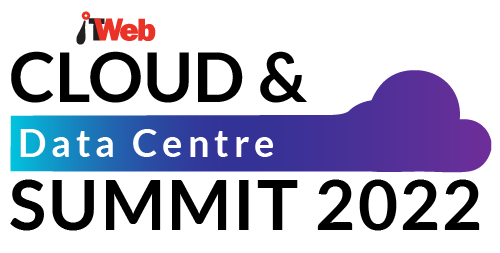Medical scheme body endorses SA’s telemedicine tweaks
Medical industry body, the Board of Healthcare Funders (BHF), has welcomed the decision to broadly permit doctors and therapists to use video or phone calls to treat patients.
This week, the Health Professions Council of South Africa (HPCSA) amended telemedicine guidelines, which now allow healthcare professionals to use this method during consultations with patients.
Telemedicine enables the delivery of healthcare and the transfer of health information across distances using information and communication technologies such as e-mail and telephone calls, video links and social networks.
The Rosebank-domiciled BHF is the representative organisation for the majority of medical schemes throughout South Africa, Namibia, Zimbabwe, Botswana and Lesotho.
Globally, telemedicine has proved invaluable in the management of the deadly coronavirus (COVID-19), with many governments and healthcare systems advocating for digital healthcare tools and virtual consultations to be the first step and primary means of healthcare support during the COVID-19 outbreak.
Because of this, Dr Rajesh Patel, head of benefit and risk at the BHF, says: “Telemedicine is critical for enabling access to healthcare, and within the context of the coronavirus disease, it will minimise the risk of contamination.”
He notes that while this is a welcome move by the HPCSA, this exemption should be extended beyond COVID-19 lockdown to enable efficiencies within the healthcare system in the future, and also encourage local uptake of telemedicine.
The umbrella body for healthcare professionals, the HPCSA, had previously banned all forms of telemedicine until recently, when it relaxed the restrictions to allow telemedicine for the period of the COVID-19 lockdown for doctors to help only existing patients via video call and psychologists to use video or telephone calls to counsel new patients.
The HPCSA went on to amend its telemedicine guidelines clauses (b) and (c) respectively.
Clause (b) of the application of telemedicine guidelines during the COVID-19 pandemic stated: “Telehealth is only permissible in circumstances where there is an already-established practitioner-patient relationship, except where telepsychology and/or telepsychiatry is involved, in which case telehealth is permissible even without an established practitioner-patient relationship.”
The clause has been amended to state that telehealth should preferably be practised in circumstances where there is an already-established practitioner-patient relationship. Where such a relationship does not exist, practitioners may still consult using telehealth, provided that such consultations are done in the best clinical interest of patients.
Clause (c) states: “Practitioners may charge a fee for services rendered through a telehealth platform.”
This has been amended to state that although practitioners may charge fees for consultations undertaken through telehealth platforms, the council strongly cautions against practices that may amount to over-servicing, perverse incentives and supersession.
Over and above this, the HPCSA has cautioned its members that ethical rules of conduct are still applicable during the practise of telehealth.
“It remains critical for the HPCSA to look at a long-term view of the application of these telemedicine guidelines to support efforts aimed at health systems reform, and to minimise unnecessary face-to-face consultations. This will reduce the burden on healthcare facilities and in turn help overcome barriers to access to health services,” says Dr Patel.


